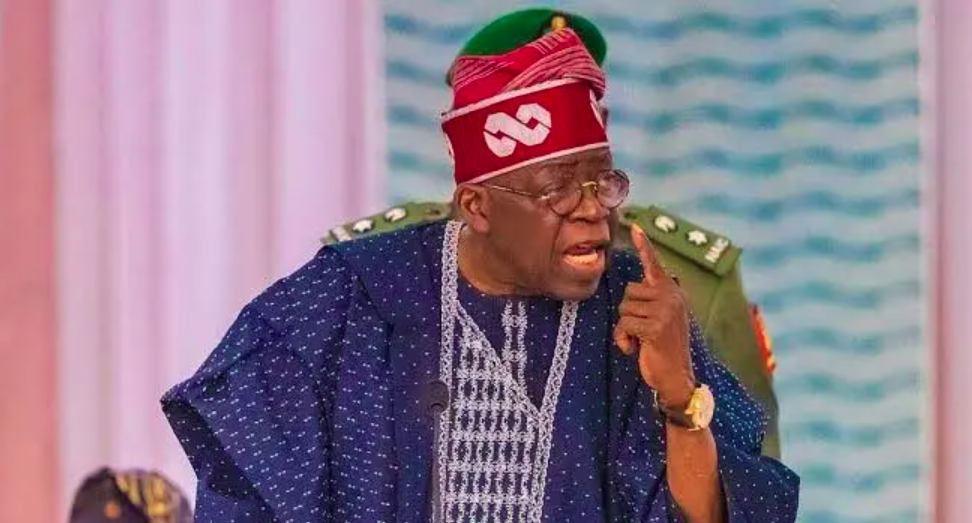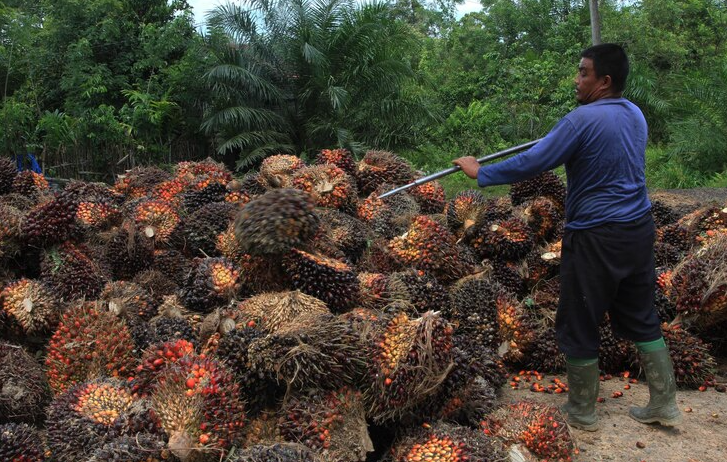Security remains a top priority in Nigeria, with issues like banditry, insurgency, kidnappings, and communal clashes affecting national stability. Since assuming office in May 2023, President Bola Ahmed Tinubu has faced the daunting task of tackling these threats head-on. His administration has promised to revamp Nigeria’s security architecture, improve intelligence gathering, and enhance the welfare of security personnel. But is his government making tangible progress?
Our concern (article) is to examine Tinubu’s approach to national security, his administration’s relationship with the military, police, and regional security outfits, and whether security operatives are being properly taken care of.
Understanding Nigeria’s Security Challenges
Before evaluating Tinubu’s efforts, it is essential to break down the major security issues plaguing the country:
1. Insurgency in the Northeast
Despite the military’s success in weakening Boko Haram and ISWAP, sporadic attacks on communities, military bases, and travelers persist. The use of suicide bombers, ambush tactics, and recruitment of child soldiers still threatens peace in the region.
2. Banditry and Kidnappings in the North and Middle Belt
Armed groups operate freely in Zamfara, Kaduna, Niger, Sokoto, and Katsina, attacking villages and demanding huge ransoms. Even educational institutions are not spared, as students have been repeatedly abducted for ransom.
3. Rising Cultism and Armed Robbery in the South
States in the South-South and Southwest face increasing cases of cult-related violence, oil bunkering, and armed robbery. These crimes threaten economic stability and public safety.
4. Farmer-Herder Clashes in the North-Central
The conflict between farmers and herdsmen continues to escalate, with communities in Benue, Plateau, and Nasarawa witnessing deadly attacks, farmland destruction, and mass displacements.
5. Separatist Agitations in the Southeast
Groups like the Indigenous People of Biafra (IPOB) and its paramilitary wing, the Eastern Security Network (ESN), remain at odds with the federal government. Their activities have led to frequent clashes with security forces and sit-at-home orders.
Tinubu’s Security Strategy: Key Measures Taken
1. Overhauling the Security Leadership
One of Tinubu’s first actions was appointing new service chiefs, including:
- General Christopher Musa – Chief of Defence Staff
- Lt. Gen. Taoreed Lagbaja – Chief of Army Staff
- AVM Hassan Abubakar – Chief of Air Staff
- Vice Admiral Emmanuel Ogalla – Chief of Naval Staff
- Kayode Egbetokun – Inspector General of Police
By reshuffling security leadership, Tinubu aimed to infuse fresh energy into Nigeria’s fight against insecurity.
2. Strengthening the Military’s Response
The president has empowered the military with:
✔ More sophisticated weapons and drones for counter-terrorism operations.
✔ Increased funding for intelligence gathering to prevent attacks before they happen.
✔ Deployment of more troops to high-risk areas to secure vulnerable communities.
3. Boosting Police Reforms and Community Policing
To tackle internal security issues, Tinubu has emphasized:
✔ Expanding community policing initiatives to involve local vigilantes in crime prevention.
✔ Fast-tracking police reforms to make law enforcement more efficient and professional.
✔ Strengthening the Nigeria Security and Civil Defence Corps (NSCDC) to assist in securing critical infrastructures.
4. Collaboration with Regional Security Outfits
Recognizing the importance of local security efforts, Tinubu has supported:
- Amotekun (Southwest)
- Ebube Agu (Southeast)
- Civilian Joint Task Force (CJTF) (Northeast)
These outfits assist federal security forces by providing intelligence and manpower to combat criminals.
5. Focus on Dialogue and Non-Military Solutions
Beyond military action, Tinubu has promoted diplomatic engagement with stakeholders:
✔ Encouraging negotiation with community leaders in crisis-prone areas.
✔ Initiating rehabilitation programs for repentant terrorists and bandits.
✔ Enhancing economic opportunities to discourage youth from joining criminal groups.
Are Security Operatives Being Properly Taken Care Of?
A nation’s security is only as strong as the welfare of its security personnel. Under Tinubu’s administration, some efforts have been made to improve conditions for the military and police, such as:
✅ Better salaries and benefits: The government increased allowances for soldiers and police officers.
✅ More training and modern equipment: The Nigerian Army and Police Force have received new arms, vehicles, and technology.
✅ Improved barracks and living conditions: Efforts are underway to upgrade military and police accommodations.
However, challenges remain:
❌ Many police officers still lack basic protective gear.
❌ Some soldiers complain of delayed salaries and poor medical care.
❌ Corruption in security agencies affects morale and operational efficiency.
Is Tinubu’s Strategy Working?
While some progress has been recorded, security threats persist:
- Terrorists and bandits still carry out deadly attacks.
- Kidnapping for ransom remains rampant.
- Southeastern security tensions are yet to be fully resolved.
To strengthen his security strategy, Tinubu must:
✔ Ensure accountability in the military and police.
✔ Expand security funding for better intelligence and equipment.
✔ Work closely with local security outfits to improve grassroots policing.
✔ Address the root causes of insecurity, such as unemployment and poverty.
Final Thoughts: Can Nigeria Overcome Its Security Challenges?
President Tinubu has shown commitment to national safety, but security remains Nigeria’s biggest challenge. His administration must do more to protect citizens, support security personnel, and dismantle criminal networks.
The question remains: Will Tinubu’s approach bring lasting peace, or will Nigeria continue battling insecurity for years to come?
Last Updated on March 23, 2025 by kingstar





